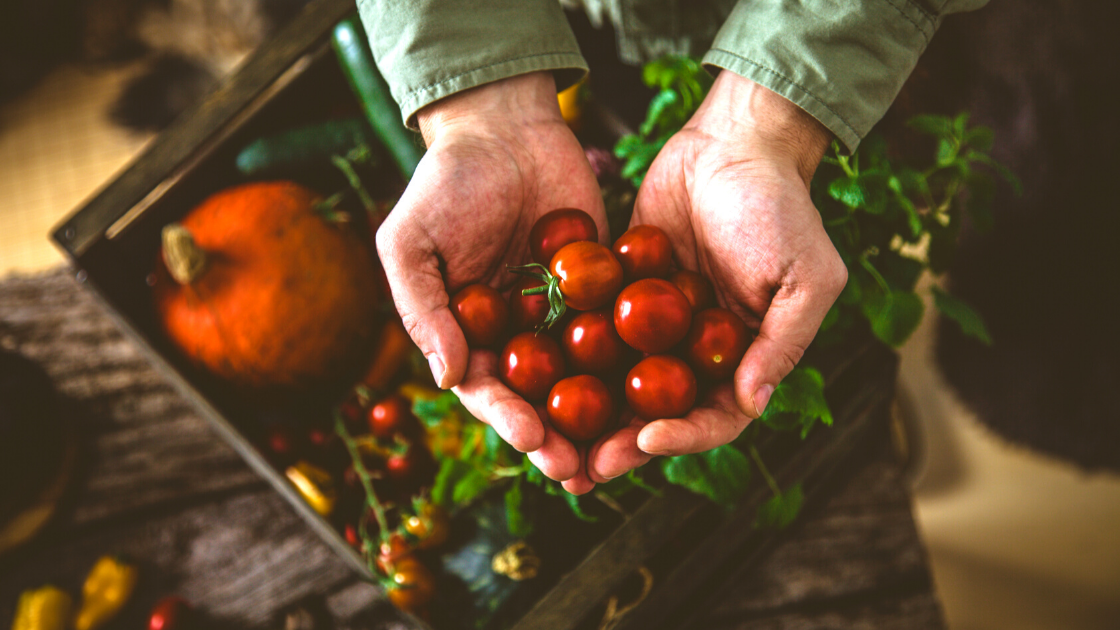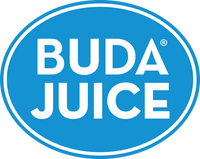
· By Luna Meschiari
What is the difference between Natural, Organic and Ecological?
Today, we bring you a new blog about something that seems simple but is actually not. Do you really know the difference between a natural product and an organic one? At first glance we may think that it is the same. Something "natural" should be organic, right?
Well, we are going to give you some tips so that you can understand the differences and ensure that your nutrition is as healthy as possible.
Lots of "seasonal" fruit and vegetables are available throughout the year. They always have good color and perfect shapes. They are usually the same size, they look like copies. Is that natural? Well, no, it isn't. So let's see what we should know to choose our products when we buy in a supermarket.
What is a Natural product?
According to experts, a natural product is one that does not contain artificial ingredients or added food coloring. One that is minimally processed. Thus, not altering the properties of the food.
Natural foods should not contain antibiotics, hormones or artificial components. But sadly, manufacturers use the word "natural" in foods that contain all of the above. They even write "natural" on processed and ultra-processed foods.
What is an Organic product?
On the other hand, if you read a label where it says "organic" you can rest assured that they do not use toxic substances. They also don't use pesticides or herbicides. They also do not contain chemical fertilizers or growth hormones (for meat and eggs).
For a product to be labeled "organic", a number of factors must occur:
- There must be sustainability of the resources.
- There is an ecological balance and conservation of biodiversity.
- There are none of the components mentioned above in the products or in their development.
In the case of animals products such as meat and eggs. There are other factors to be accounted for:
- Animals do not receive growth hormones to speed up their natural growth process, nor to make them more bulky.
- Nor are they given drugs (mainly antibiotics) and carry the acronym QAI (Quality Assurance International) which is one of the institutions in charge of verifying the integrity of the products and their processes.
- It's also important where they are raised, what they are fed, etc. They are rigorously inspected.
Well, so far we have understood the difference between these two types of food. But once we do research on food we find a third name. Ecological.
Are Organic foods also Ecological?
At first glance, we might think that they are the same. The terms "eco", "bio" and "organic" are really synonymous because they follow the same criteria. But, we are going to see what are the criteria for a product to be called "ecological"
- 95% of the ingredients of the product / food must be organically produced. No chemicals or pollutants of any kind.
- Both the land and the water used must be natural and of quality. As well as compost and pest control.
- Maturation of food must be "natural".
- They must not be genetically modified. Neither contain chemical residues, heavy metals or radiation.
- Nor should they contain additives, artificial colors or preservatives.
After reading all this, it is clear to us that both synonyms are the same? Well, no. The difference between organic and ecological is that organic does not have to be natural.
A clear example, a product that comes from a transgenic seed (genetically modified), can be organic, but can't be labeled ecological.
What can we buy in the supermarket then?
Well, after this little clarification, let's get to the supermarket together. What are we going to buy?
After these studies, the purchase of organic and ecological products in the supermarket has hugely increased. There are even "organic" specific supermarkets.
People feel more secure because they know what the process of that food is. It is REAL food. And they know the benefits it brings to their health.
Despite the fact that the price of an ecological and organic product is higher, and a small price difference is definitely worth it for the benefits they bring to our health.
So now that you know, "organic” products with their certification label have the necessary guarantee of sustainable development to help our planet and our health. Take care of yourself and those you love the most!
